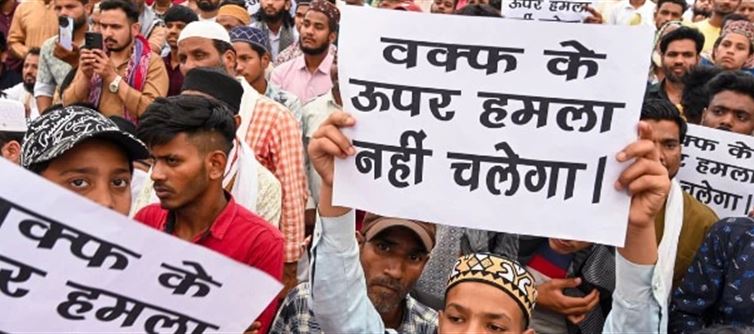
The Center was also questioned by the sc about its willingness to permit Muslims to participate in Hindu religious trusts.
"We would like to request that all parties address two points. First, should we refer it to the supreme court or entertain it? Second, briefly state your main points and points of contention, said the CJI. "The second point may help us in deciding the first issue to some extent," the court of Appeals stated. Senior counsel kapil sibal is making submissions on behalf of the petitioners during the hearing.
"The JPC held 38 sessions and reviewed 98.2 lakh memorandums before both houses of parliament approved it," said Solicitor General Tushar Mehta. According to the Center, a joint parliamentary committee was established, and a complex exercise was carried out.
Following intense arguments in both houses, parliament passed the Waqf (Amendment) Act, 2025, which was just notified by the Center and received President Droupadi Murmu's assent on april 5.
With 128 members voting in favor of the bill and 95 against, it was approved by the Rajya Sabha. With 288 members in favor and 232 against, it was approved by the Lok Sabha.
AIMIM leader Asaduddin Owaisi, the All india Muslim Personal Law Board (AIMPLB), Jamiat Ulama-i-Hind, the Dravida Munnetra Kazhagam (DMK), and congress MPs Imran Pratapgarhi and Mohammad Jawed are among the 72 petitions that have been filed contesting the Act's legality.
Before any ruling was made in the case, the Center requested a hearing and filed a caveat at the highest court on april 8.
To make sure that no orders are issued without first being heard, a party files a caveat in both the High Courts and the supreme Court.




 click and follow Indiaherald WhatsApp channel
click and follow Indiaherald WhatsApp channel